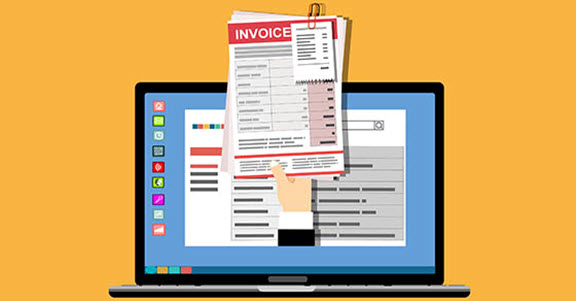If you want to withdraw cash from your closely held corporation at a low tax cost, the easiest way is to distribute cash as a dividend. However, a dividend distribution isn’t tax efficient since it’s taxable to you to the extent of your corporation’s “earnings and profits,” but it’s not deductible by the corporation.
5 different approaches
Thankfully, there are some alternative methods that may allow you to withdraw cash from a corporation while avoiding dividend treatment. Here are five possible options:
1. Salary. Reasonable compensation that you, or family members, receive for services rendered to the corporation is deductible by the business. However, it’s also taxable to the recipient(s). The same rule applies to any compensation (in the form of rent) that you receive from the corporation for the use of property. In either case, the amount of compensation must be reasonable in relation to the services rendered or the value of the property provided. If it’s excessive, the excess will be nondeductible and treated as a corporate distribution.
2. Fringe benefits. Consider obtaining the equivalent of a cash withdrawal in fringe benefits that are deductible by the corporation and not taxable to you. Examples are life insurance, certain medical benefits, disability insurance and dependent care. Most of these benefits are tax-free only if provided on a nondiscriminatory basis to other employees of the corporation. You can also establish a salary reduction plan that allows you (and other employees) to take a portion of your compensation as nontaxable benefits, rather than as taxable compensation.
3. Capital repayments. To the extent that you’ve capitalized the corporation with debt, including amounts that you’ve advanced to the business, the corporation can repay the debt without the repayment being treated as a dividend. Additionally, interest paid on the debt can be deducted by the corporation. This assumes that the debt has been properly documented with terms that characterize debt and that the corporation doesn’t have an excessively high debt-to-equity ratio. If not, the “debt” repayment may be taxed as a dividend. If you make cash contributions to the corporation in the future, consider structuring them as debt to facilitate later withdrawals on a tax-advantaged basis.
4. Loans. You may withdraw cash from the corporation tax-free by borrowing money from it. However, to avoid having the loan characterized as a corporate distribution, it should be properly documented in a loan agreement or a note and be made on terms that are comparable to those on which an unrelated third party would lend money to you. This should include a provision for interest and principal. All interest and principal payments should be made when required under the loan terms. Also, consider the effect of the corporation’s receipt of interest income.
5. Property sales. You can withdraw cash from the corporation by selling property to it. However, certain sales should be avoided. For example, you shouldn’t sell property to a more than 50% owned corporation at a loss, since the loss will be disallowed. And you shouldn’t sell depreciable property to a more than 50% owned corporation at a gain, since the gain will be treated as ordinary income, rather than capital gain. A sale should be on terms that are comparable to those on which an unrelated third party would purchase the property. You may need to obtain an independent appraisal to establish the property’s value.
Minimize taxes
If you’re interested in discussing any of these ideas, contact us. We can help you get the maximum out of your corporation at the minimum tax cost.
© 2024
Q&A
How can I withdraw cash from my corporation without it being treated as a dividend?
Some alternative methods that can allow you to withdraw cash from your corporation while avoiding dividend treatment include paying yourself a reasonable salary, obtaining the equivalent of a cash withdrawal in fringe benefits, structuring cash contributions to the corporation as debt so that the subsequent repayment to you from the corporation can be treated as debt repayment rather than a dividend, withdrawing cash as a loan, and selling property to the corporation.






